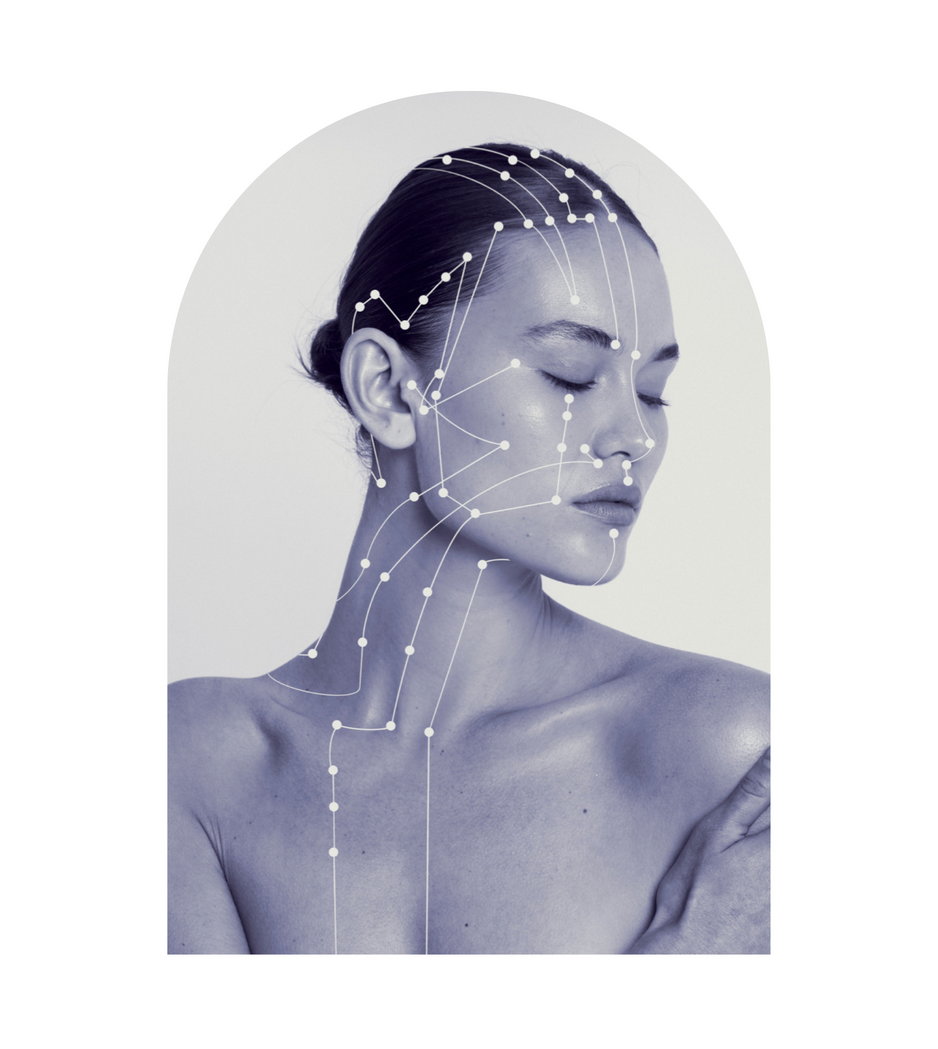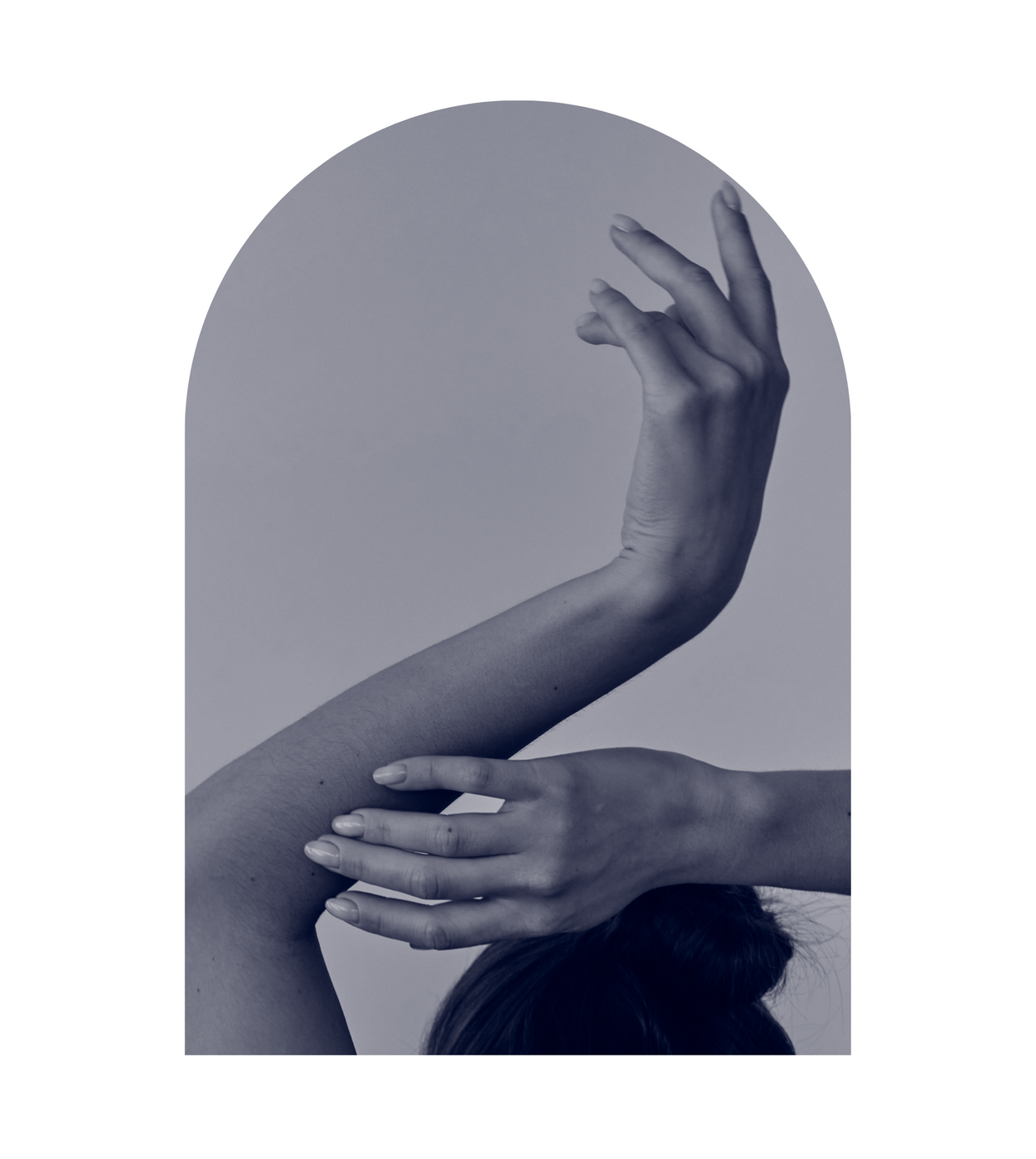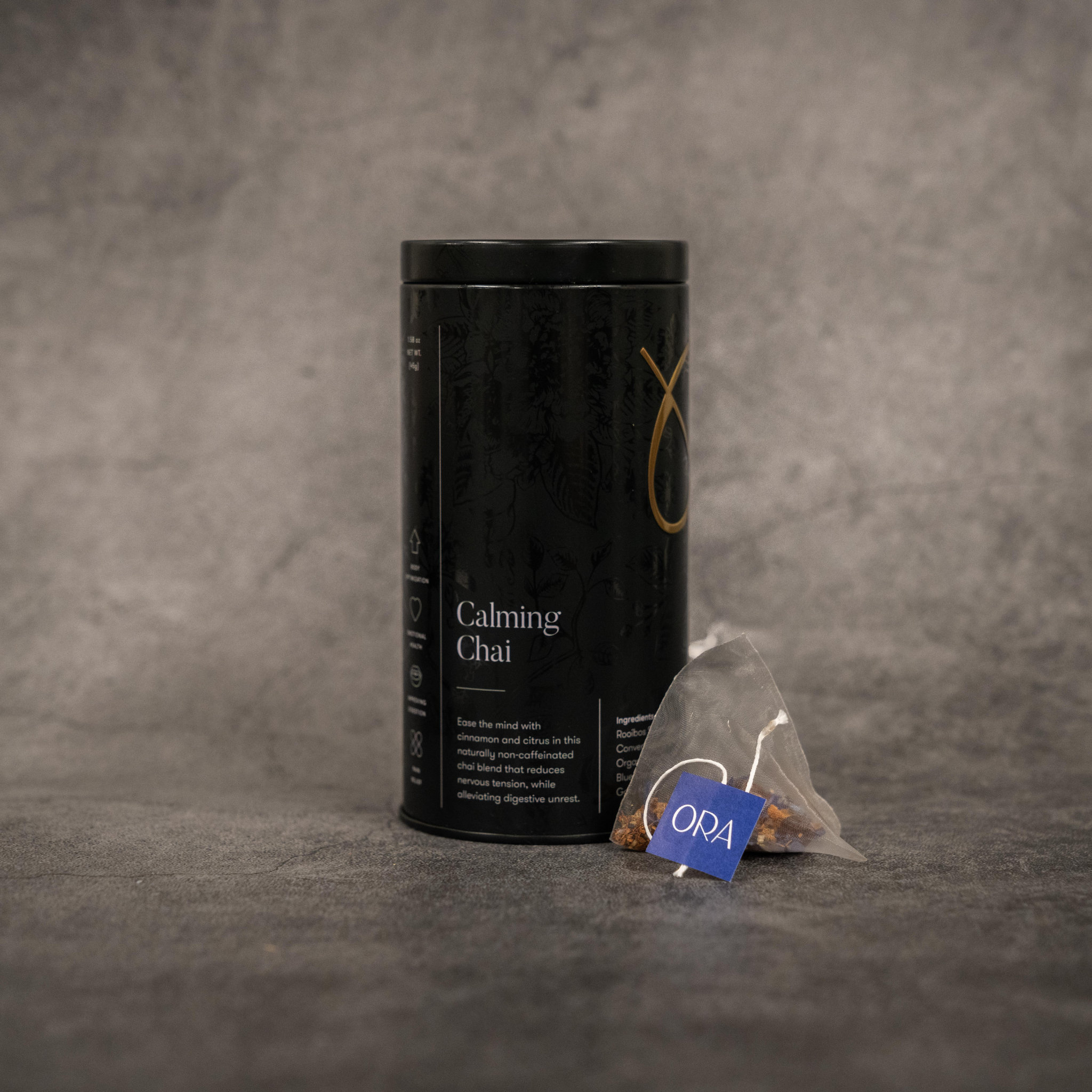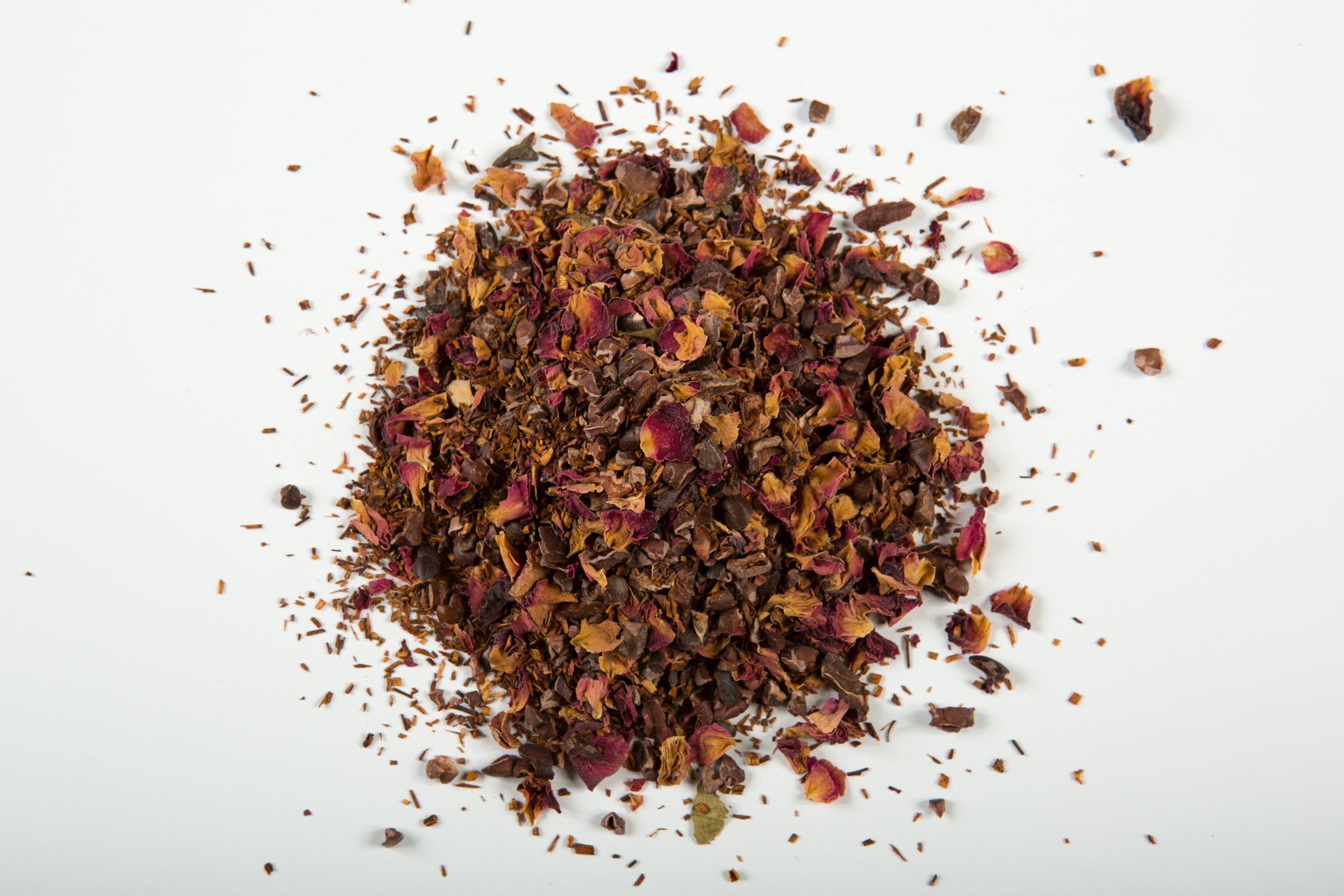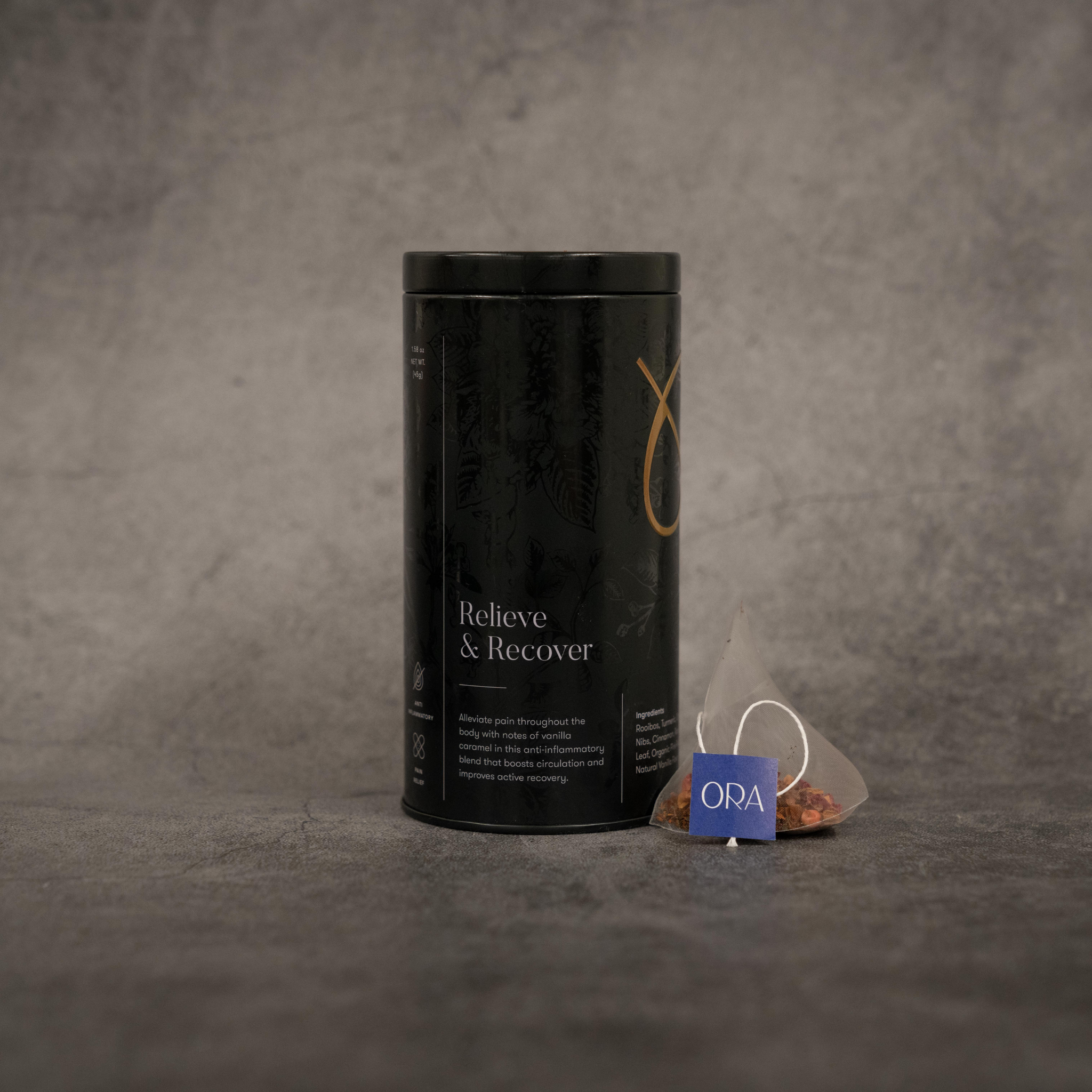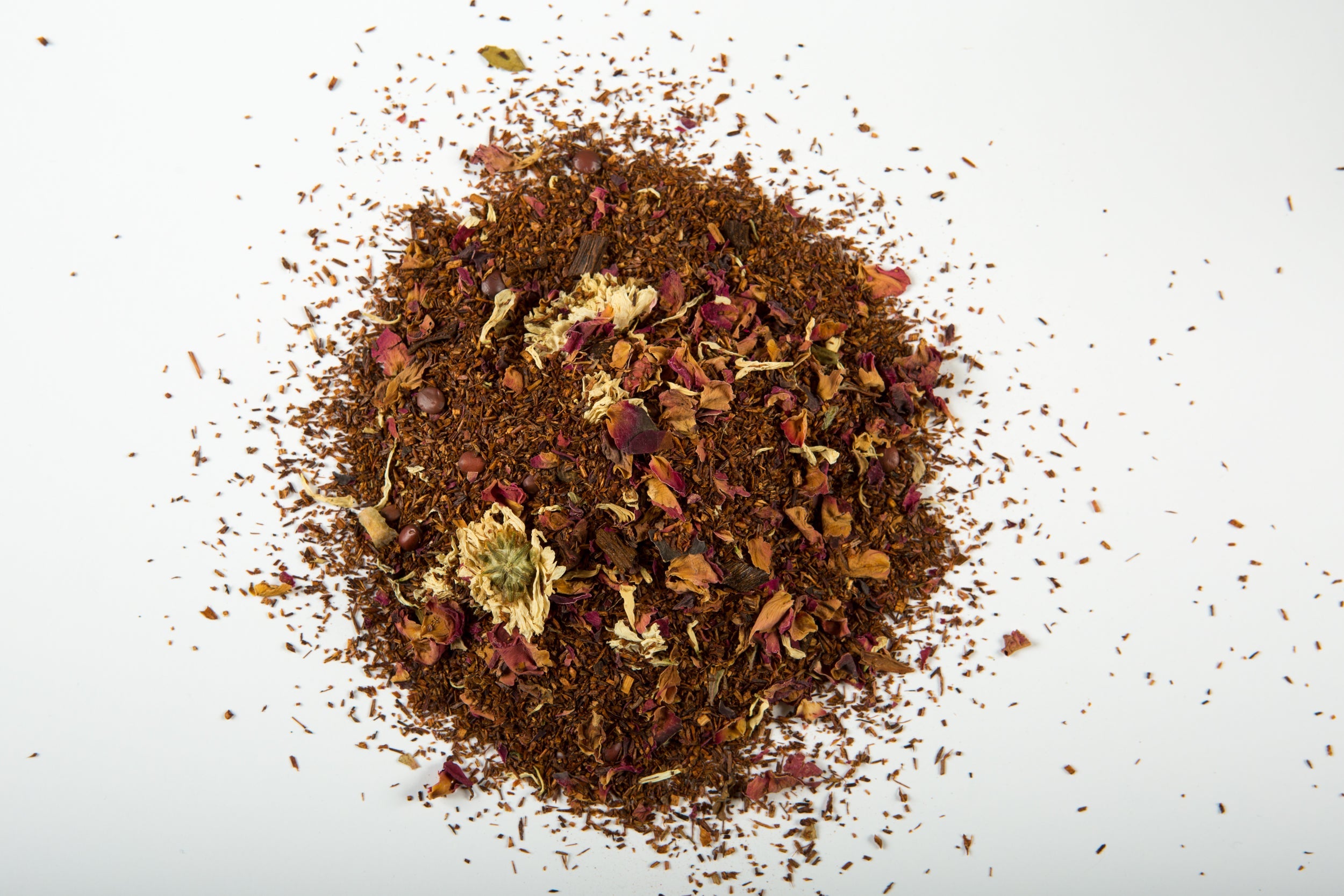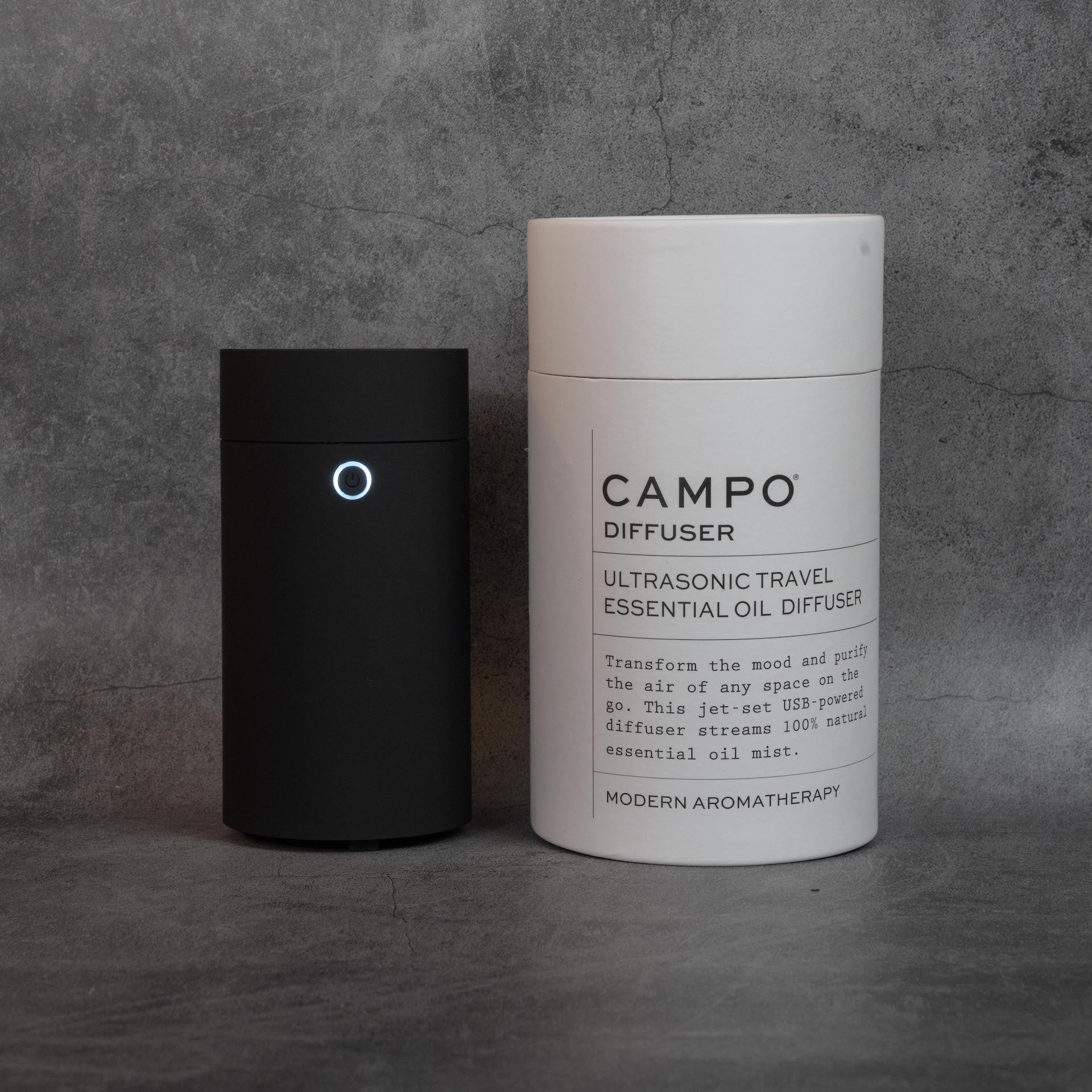By Max Annis
You’ve probably heard of seasonal affective disorder, which references the impact that seasons can have on our moods. Traditional Chinese Medicine (TCM) also maintains that seasons can impact our emotions – and that, when emotional shifts are caused by natural forces, they can be mitigated.
According to TCM, there are five seasons: Winter, Spring, Summer, Late Summer, and Autumn. Given that we are a part of the environment, and of the seasons, each season affects us deeply – whether we are aware of it or not. In addition to the obvious differences in temperature and climate, each season has a different emotion associated with it, which is related to different channels and organs.
The autumn season is associated with the Lung and Large intestine channels/organ pair, and the emotions associated with these are sadness and grief. Autumn is a transitional time connected to endings and death, as the renewal of spring and the robustness of summer begin to wind down and transition into the chill of winter. During this time, we go inside – both literally and figuratively – to prepare for a time of dark and cold.
Whether or not you experience actual sadness or grief during autumn, you’re likely familiar with the nostalgic feelings of the season. Just as we transition from childhood to schooling and adolescence, we also metaphorically transition during this time from “life” to “death.” While death may be taboo in American culture, it is simply a natural part of all life on earth, and this is abundantly clear during the fall season. Many life forms die during this time, while others transition into a different state to prepare for winter. If you are not consciously aware of this natural cycle, you may feel sad or filled with grief during this time – without knowing why. Being aware that these feelings are natural can make them easier to deal with, and acupuncture can help with this.
Autumn is a dry time of year, which leaves the lungs more susceptible to issues, given that lungs need moisture to thrive. One great way to help your lungs is to sit in a steam room with eucalyptus. Acupuncture is also effective and can be used to strengthen and regulate lung function – thereby clearing excess heat and encouraging healthy flow. This will also help with emotions – when our energies are regulated and harmonized, excessive emotions come into harmony. In addition, certain foods are particularly beneficial for the lungs during autumn and winter, including pears of all kinds – particularly Asian pears – and most white colored foods, including almonds, mushrooms, cauliflower, cabbage, garlic, and radishes.
When grief and sadness arise for no known reason, they can often be treated easily using the above methods. Of course, if the grief and sadness are specifically related to life events or losses, they can be more difficult to overcome and will require time and often therapy. Navigating through the fall season will vary from person to person; accordingly, acupuncture always treats each individual holistically, using acupuncture points that suit each individual and their specific pattern. Herbal formulas to support the Lungs may also be used.
In addition to the aforementioned techniques, there are other ways to support yourself during the fall. These include meditation and breathwork, moderate exercise, sun exposure, and steam rooms and saunas. It can also be beneficial to clean and reorganize your space and have as many warm teas and soups as possible. While you may experience a twinge of sadness during seasonal shifts, it may be something more – by practicing the advice of TCM, you might find yourself more willing to embrace the shifts in seasons.




